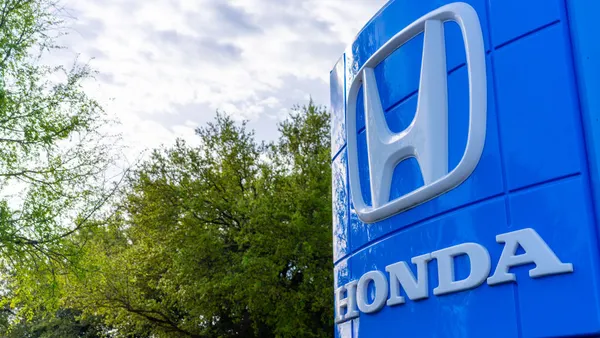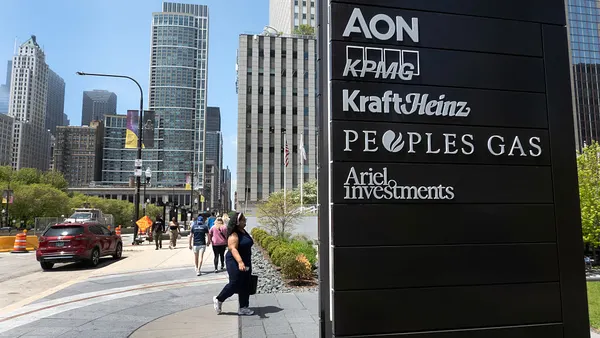Dive Brief:
- Chipotle violated New York City's Fair Workweek Law when it failed to provide workers predictable schedules or advance notice of their hours, the city has alleged in a lawsuit (Department of Consumer and Worker Protection v. Chipotle Mexican Grill, No. 200501 (Office of Administrative Trials and Hearings, April 28, 2021)).
- The fast-casual restaurant owes employees more than $150 million in relief after racking up nearly 600,000 violations, the Department of Consumer and Worker Protection estimated.
- "Chipotle's flagrant disregard for our laws and for their employees is unacceptable," New York City Mayor Bill de Blasio said in a statement. "Workers deserve reliable schedules and we will do everything in our power to hold them accountable. This is about protecting workers' rights."
Dive Insight:
Predictive scheduling laws like New York City's Fair Workweek Law appear to be gaining popularity. At least six U.S. cities have enacted a predictive scheduling law, including San Francisco and Chicago. In Oregon, the law is statewide.
The laws generally require that employers give workers advance notice of their upcoming schedules and keep any changes to a minimum. Steady schedules appear to correlate with good health, according to a 2019 study of Gap employees by the University of California Hastings Center for WorkLife Law, University of Chicago and the University of North Carolina. The study, which focused on the impact of unstable scheduling on Gap workers, found that 47% of workers said their work schedule interrupted their sleep, while 60% reported having stress-correlated physical symptoms, such as stomachaches or headaches.
Absent fair scheduling mandates, some retailers are making the change themselves. Walmart announced its adoption of a predictive scheduling system in 2018. Implemented through an app, the change allowed workers to see schedules, swap shifts and select unfilled shifts to work.













